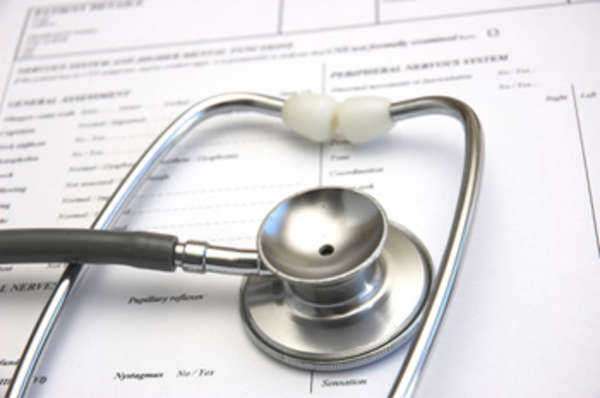Medical Help
Medical Help: Where to Turn When You Need It Most
A medical emergency can strike at any time, and it is important to know where to turn for help. Whether you are experiencing chest pains, severe abdominal pain, shortness of breath, or any other symptoms that cause alarm, seeking medical attention immediately could make all the difference. In this article, we will explore some of the different types of medical care available and how to access them.
Urgent Care: A Quick and Convenient Option
If you need medical care for a non-life-threatening condition, such as a sprained ankle or a minor cut, urgent care may be a good option. Urgent care clinics are typically open on evenings and weekends, and they offer quick, affordable medical care without the need for an appointment. Many urgent care clinics can handle stitches, X-rays, and other minor procedures, and they can provide prescriptions for antibiotics or pain medications. If you have a fever, cough, or sore throat, urgent care can also provide fast treatment and diagnosis.
Emergency Room: Where to Go for Life-Threatening Conditions
If you are experiencing a medical emergency, such as chest pain, difficulty breathing, or severe abdominal pain, you should head straight to the nearest emergency room. Emergency rooms are open 24/7 and are equipped to handle a wide range of serious conditions, including heart attacks, strokes, and severe injuries. In an emergency room, you may also receive diagnostic tests, such as CT scans or ultrasounds, to help determine the cause of your symptoms. Depending on the severity of your condition, you may be admitted to the hospital for further treatment and observation.
Telemedicine: A Revolution in Healthcare
In recent years, telemedicine has revolutionized healthcare by connecting patients with medical professionals through video calls, phone calls, and text messages. With telemedicine, you can get a medical consultation or diagnosis without ever leaving your home. This is especially convenient for people who live in rural areas or who have mobility issues. Telemedicine can also be a cost-effective alternative to in-person medical care, and research has shown that it can be just as effective as in-person care for certain conditions.
In-Person Visits: The Traditional Choice
Despite the rise of telemedicine, many people still prefer to see a medical professional in-person. In-person visits can provide a more comprehensive examination and diagnosis, and they can also allow for a more personal connection between patient and provider. In-person visits are also necessary for certain procedures, such as surgery or physical therapy. If you prefer to see a medical professional in-person, you can schedule an appointment with a primary care physician, specialist, or other healthcare provider.
Government Resources: Where to Find Reliable Information
When it comes to medical care, it is important to find reliable information from trusted sources. The U.S. government offers a number of resources to help you make informed decisions about your health. The Centers for Disease Control and Prevention (CDC) provides up-to-date information on a wide range of health topics, including diseases, vaccines, and emergency preparedness. The National Institutes of Health (NIH) conducts research on many different health conditions and provides resources for patients and healthcare professionals alike. The Food and Drug Administration (FDA) regulates the safety and effectiveness of medical products, including medications, medical devices, and cosmetics. By consulting these government resources, you can find information that is backed by scientific research and trusted by experts in the field.
Conclusion
Medical care is an essential aspect of modern life, and it is important to know where to turn when you need it most. Whether you prefer urgent care, in-person visits, or telemedicine, there are many options available to meet your needs. In case of a medical emergency, it is always best to head straight to the emergency room. By consulting reliable government resources, you can stay informed about your health and make informed decisions about your medical care. Remember, your health is your most valuable asset, so take care of it by seeking medical help when you need it.
